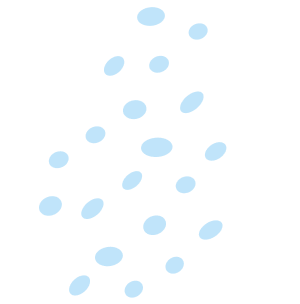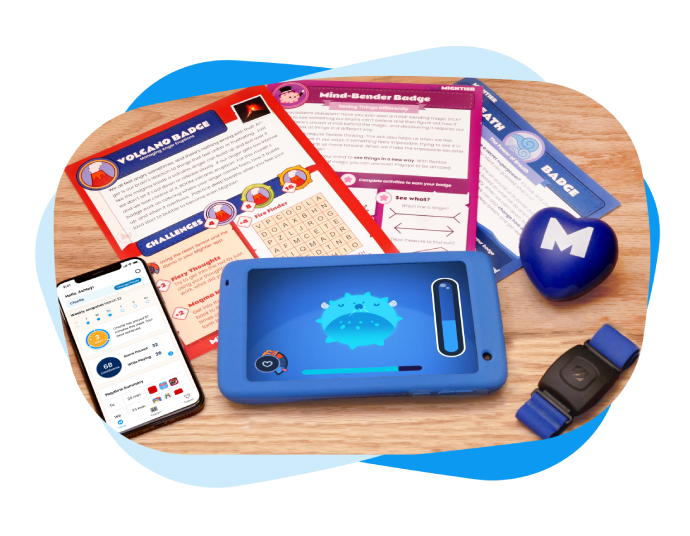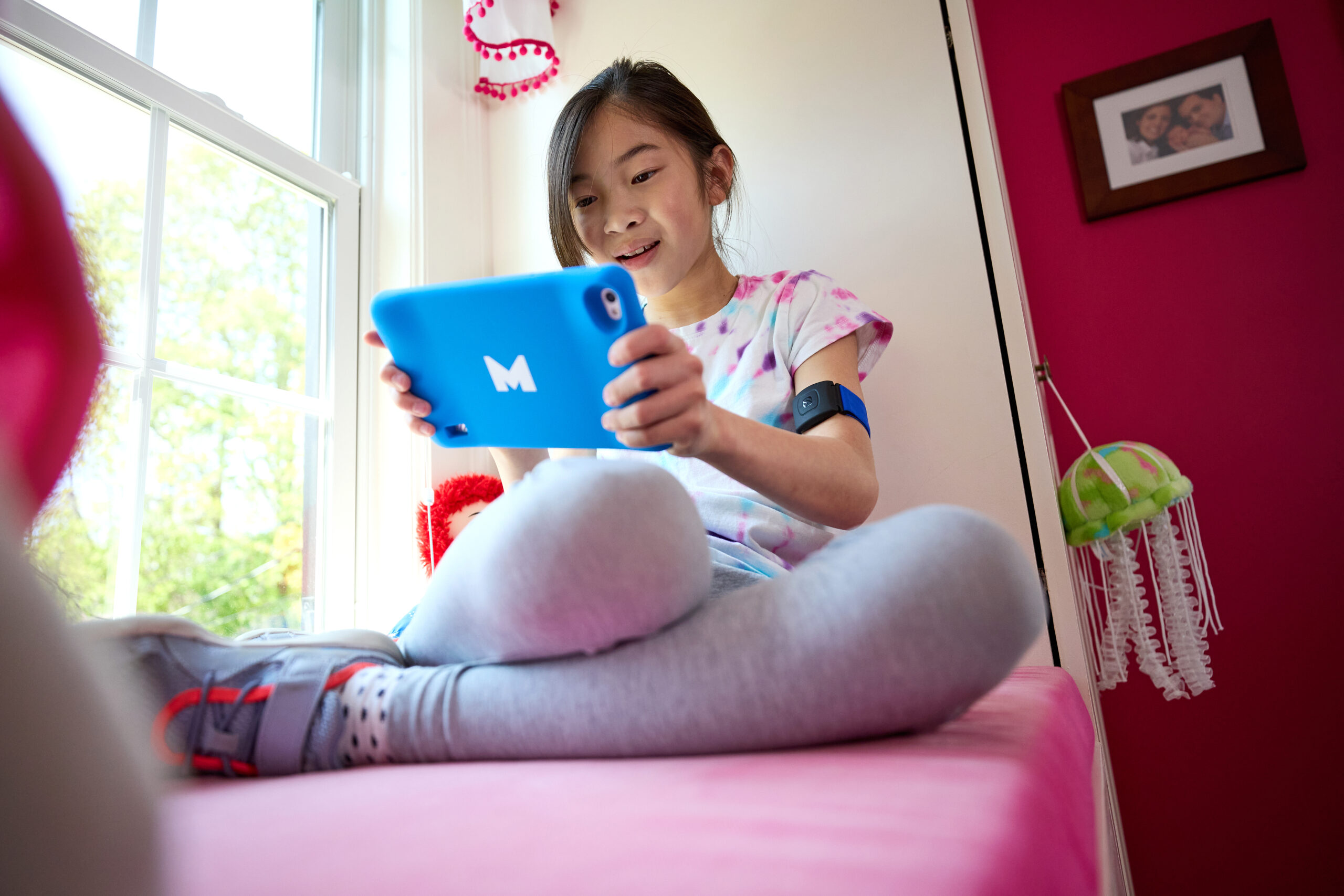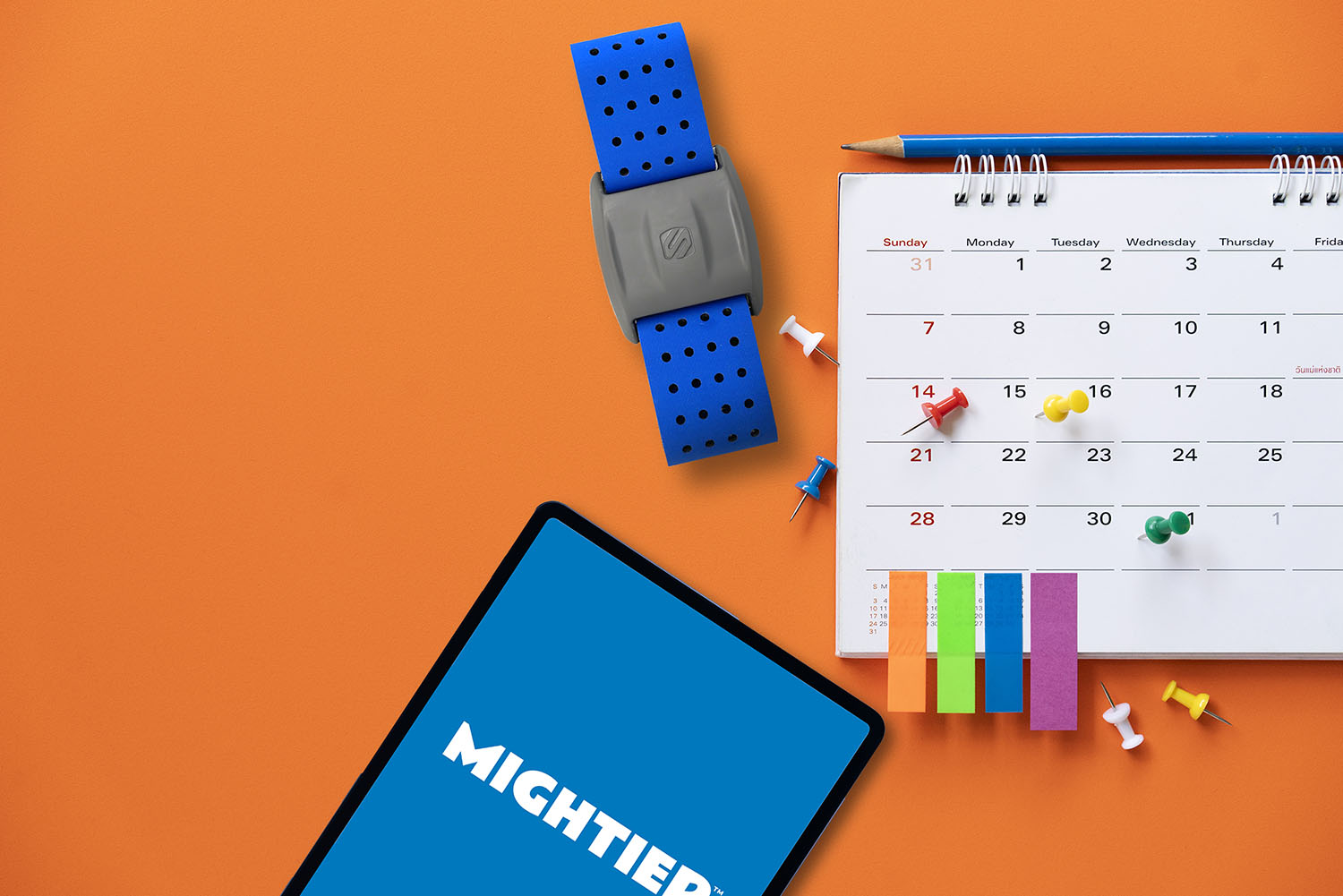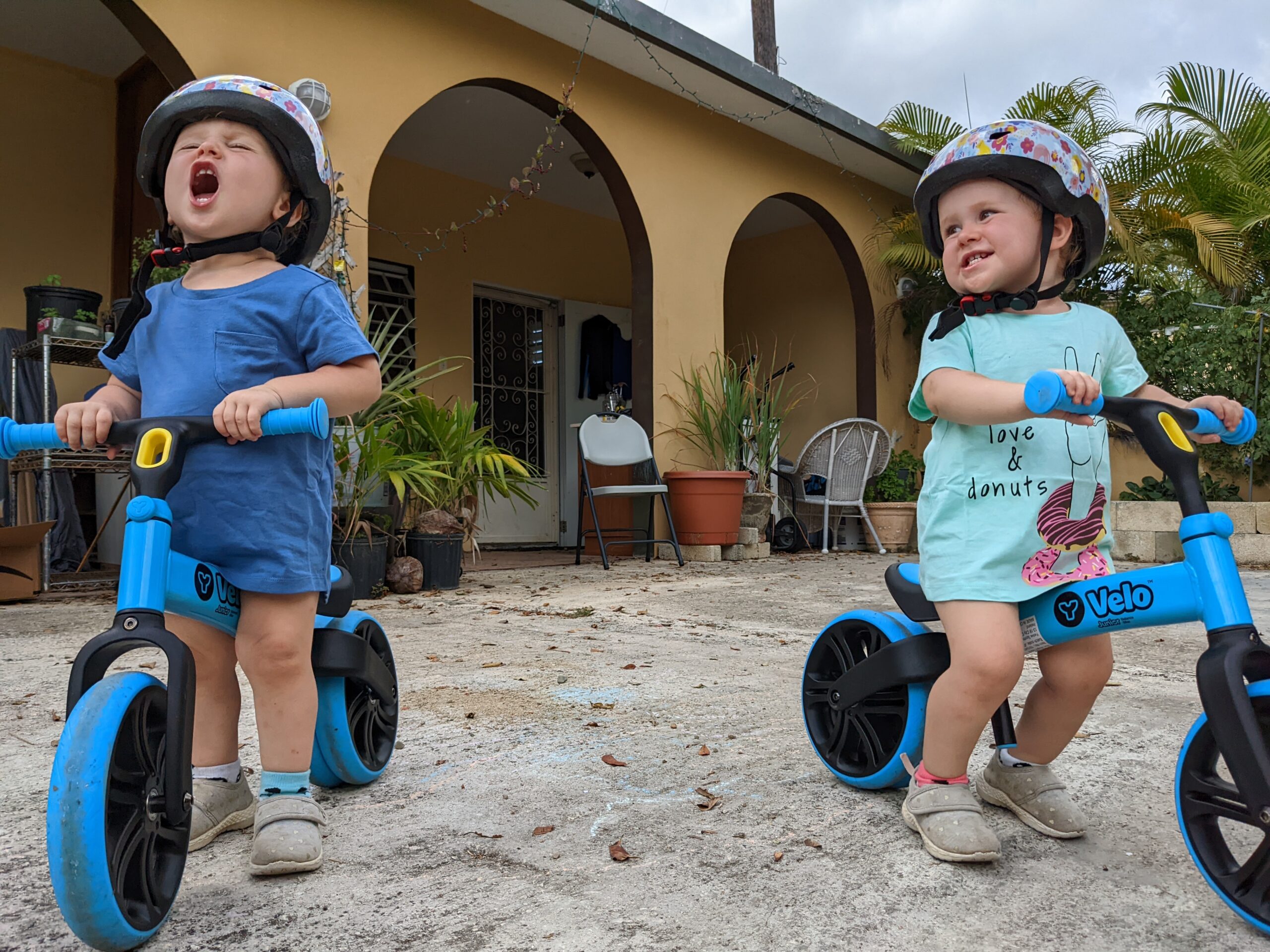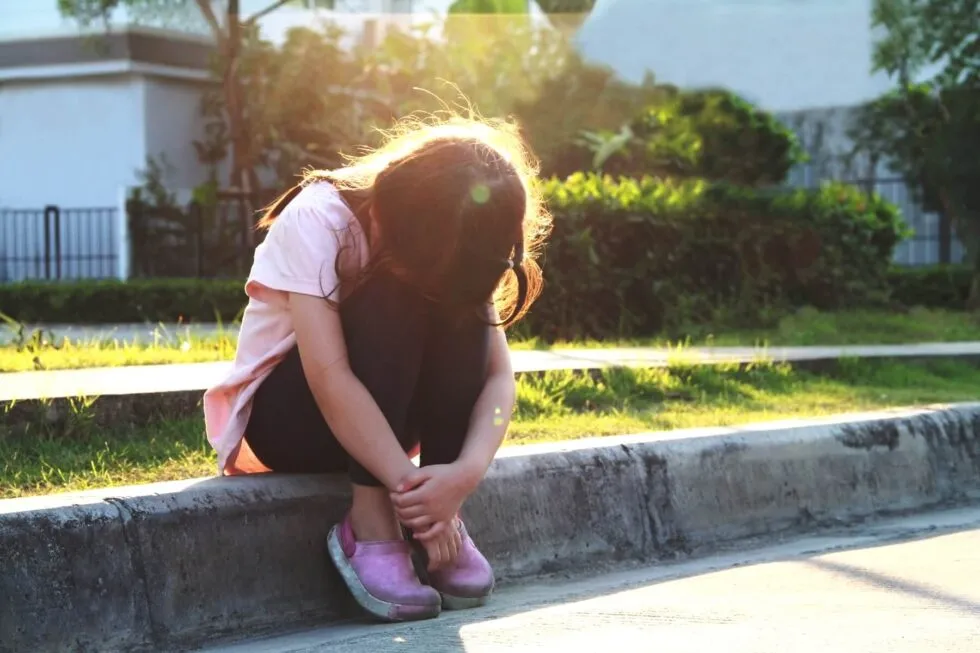
As long as we expect kids (with ADHD, or without ADHD) to be able to apply theoretical concepts about emotions and coping skills during real life moments of escalation, they’ll continue to feel like they’re failing.
For kids with ADHD, typical therapeutic approaches of talking about emotions, thinking through possible reactions, and identifying coping skills can be frustrating. Children still find themselves unable to remember, access, or use any of those skills in the moments they actually need them. Biofeedback video games take a different approach. By capturing kids’ interest through play and turning emotional regulation into a game (by using a heart rate monitor to connect their emotions to their gameplay), kids are able to build stronger emotional awareness as well as regulation skills. Let’s call it emotional muscle memory – because kids are practicing emotional awareness and calming strategies while simultaneously attending to another demanding task (games), they develop an automatic, effortless ability to regulate their emotions in real life scenarios without even having to think about it.
Understanding Emotional Struggles in Kids with ADHD
The hallmark characteristics of ADHD (hyperactivity, inattentiveness, and impulsivity) are often thought about in terms of academic focus and success. Because the brain structures responsible for complex decision making, strategic planning, working memory, motor control, and sorting through sensory information tend to look and work a bit differently for kids with ADHD (Schley, 2019), it’s natural that tasks like focusing on an assignment, following directions, and sitting still in the classroom can be challenging. It’s also natural that emotional processing and regulation are more difficult since they require those same areas of the brain. That means that ADHD has a direct impact on tasks like controlling impulses and reactions to strong emotions, re-focusing attention from emotionally provocative situations, remembering coping skills in the moment, and thinking through long term goals and consequences of one’s behavior (Barkley, 2022).
Despite the legitimate and scientific reasons why kids with ADHD can have a difficult time regulating their emotions, they don’t always receive that message of empathy and understanding.
Kids with ADHD are often told they are misbehaving, they are disruptive, they are inconsiderate. They are told that they should be able to act differently, suggesting that their inability to do so is a choice. Kids with ADHD often learn to believe all these things, too. They see how their peers act, they hear what the adults in their life say about their behaviors, and their vulnerable sense-of-self begins to re-shape. They begin believing they are broken, out of control, and that people are unhappy with them. And as long as we expect kids (with ADHD, or without ADHD) to be able to apply theoretical concepts about emotions and coping skills during real life moments of frustration, overwhelm, anxiety, and even over-excitement, they’ll continue to feel like they’re failing.
Playing biofeedback video games let kids build emotional strength that sticks
Biofeedback video games help kids develop stronger and more automatic emotional regulation abilities through practice. As kids play, they see their emotions in real time. They see how their frustration, anxiety or excitement directly influence their heart rate, which directly influences their gameplay. They learn that things become more challenging when their heart rate is up, and they’re empowered to explore various calming strategies to calm down and keep playing. They practice all this quickly, in the moment, while having fun. Best of all, they practice all this in a way that strengthens their natural and automatic ability to regulate their emotions in real life. That means improved frustration tolerance, thinking more clearly in the moment, and choosing how to respond to real-life stressors. It means staying calmer under pressure without even trying.
The Mightier program and approach
Born out of research from Boston Children’s Hospital and Harvard Medical School Teaching Hospital, Mightier uses biofeedback video games to deliver emotional regulation practice right into a family’s home. The family-centered program focuses on three important things – practice, empowerment, and having fun. Kid-led learning through play is a key part of the process, so the main and most important thing caregivers can do is to support their child’s play routine. Similar to building muscle memory for any skill (shooting a basketball under pressure, playing the piano without thinking about the keys, tying a shoe without thinking about your fingers) emotional muscle memory takes practice. It is recommended that children play Mightier 3 times a week (or for about 45 minutes a week) for at least 90 days.
Since children with ADHD can benefit from additional types of social and emotional skill building, the Mightier Parent curriculum offers information and activities that caregivers can use alongside their child’s gameplay journey. This model keeps child play and learning front and center, while providing the whole family with creative games, strategies, and a shared language to continue building emotional strength right at home.
Check out the science behind Mightier, or read the white paper specifically on Mightier as a treatment option for ADHD.
References
Barkley, R. (2022, January 21). DESR and ADHD: The Overlooked Emotional Component of ADHD. ADDitude. Retrieved March 22, 2022, from https://www.additudemag.com/desr-adhd-emotional-regulation/
Schley, L. (2019, June 26). What We Know About the Causes and Symptoms of ADHD. Discover Magazine. Retrieved March 22, 2022, from https://www.discovermagazine.com/mind/what-we-know-about-the-causes-and-symptoms-of-adhd



